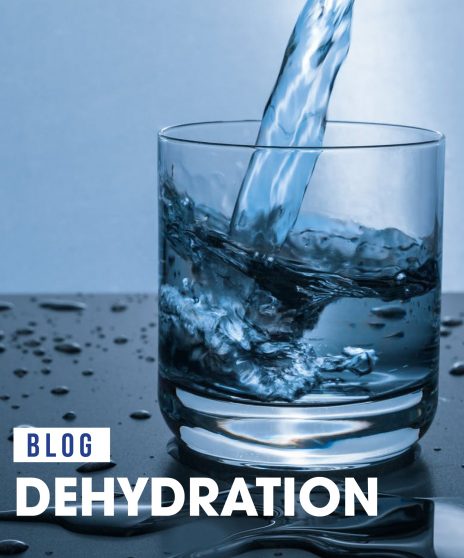By Chris Bowers and Reuben Montoya
https://www.facebook.com/P3HealthPartnersNevada/videos/882024988839581/
Water is essential for human life. Nearly 60 percent of the human body is made of water.
Why is Drinking Water Important?
- Helps keeps your brain functioning
- Flushes out waste from your body
- Regulates body temperature
According to ACSM’s Health and Fitness Journal, just 1-2 percent loss of water balance can impair your cognitive performance.
Water helps dissolve minerals and nutrients, making them easier for the body to access them for absorption. Drinking water also helps remove waste products. Water is essential for kidney function. If kidneys don’t function well, waste and excess fluids can build up in the body.
In the Las Vegas hot desert heat, sweating helps keeps your body cool. If you’re not hydrated, your body temperature will rise which can lead to heat-related illnesses.
Dehydration is an extremely common yet preventable medical condition that affects millions of Americans every day. Thirsty? You’re more than likely already dehydrated. According the Institute of Medicine, nearly 75 percent of Americans are chronically dehydrated.
How does someone recognize they’re dehydrated?
Some of the first signs of dehydration can include dry mouth, increased thirst, being sleepy, low urine output with more yellowish color, headache, dry skin and dizziness.
More serious signs of dehydration can include muscle cramps, nausea, vomiting, heart palpitations, lightheadedness and weakness.
https://www.instagram.com/p/B0GrUVWlJcQ/?utm_source=ig_web_button_share_sheet
How much water should you drink?
According to the National Academies of Sciences, Engineering, and Medicine, men should drink at least 15.5 cups per day and women should drink 11.5 cups per day. You should modify your total fluid intake based on how much you exercise, the environment you live in, your overall health and if you’re pregnant or breast-feeding.
https://www.instagram.com/p/BzyZ2MSFfyK/?utm_source=ig_web_button_share_sheet
Resources:
Riebl, S. K., & Davy, B. M. (2013). The Hydration Equation: Update on Water Balance and Cognitive Performance. ACSM’s health & fitness journal, 17(6), 21–28. doi:10.1249/FIT.0b013e3182a9570f
Dietary reference intake: Electrolytes and water. The National Academies of Science, Engineering, and Medicine. http://www.nationalacademies.org/hmd/Activities/Nutrition/DRIElectrolytes.aspx. Accessed July 13, 2017.


